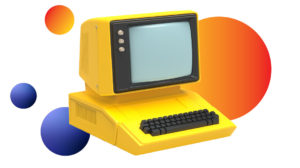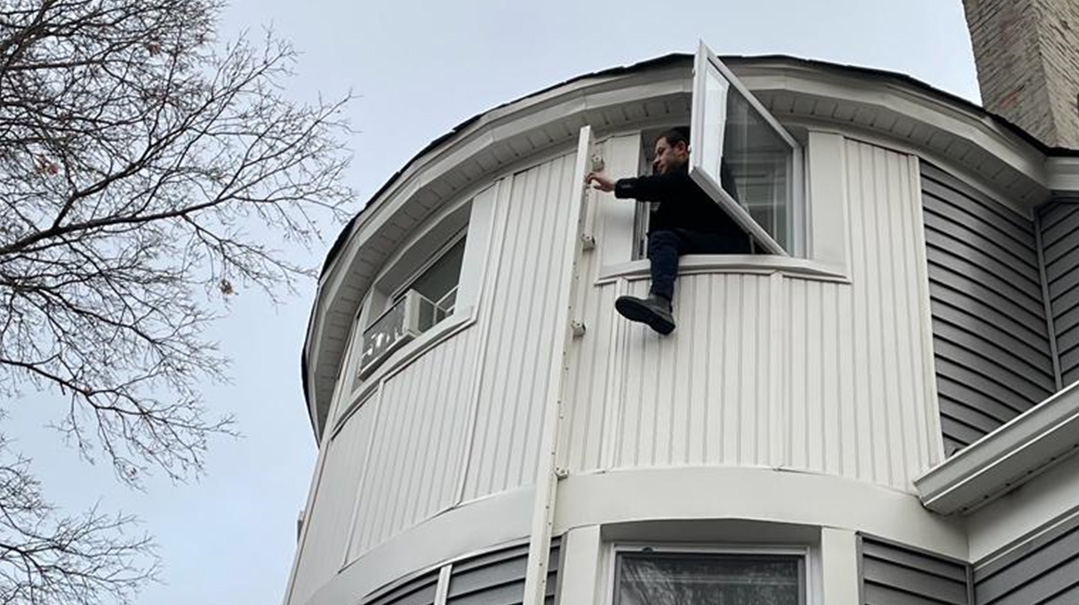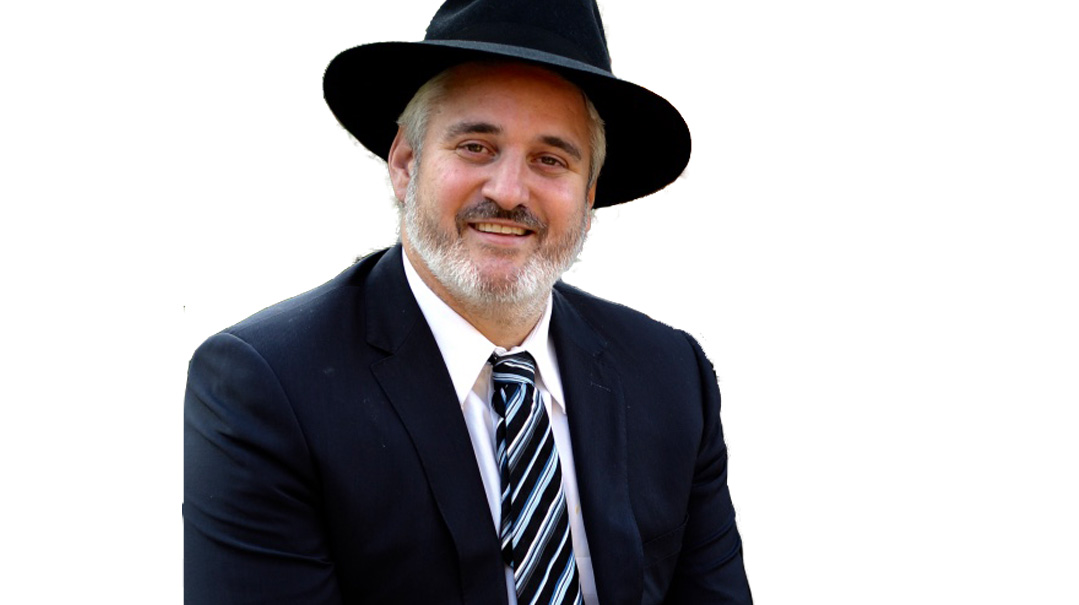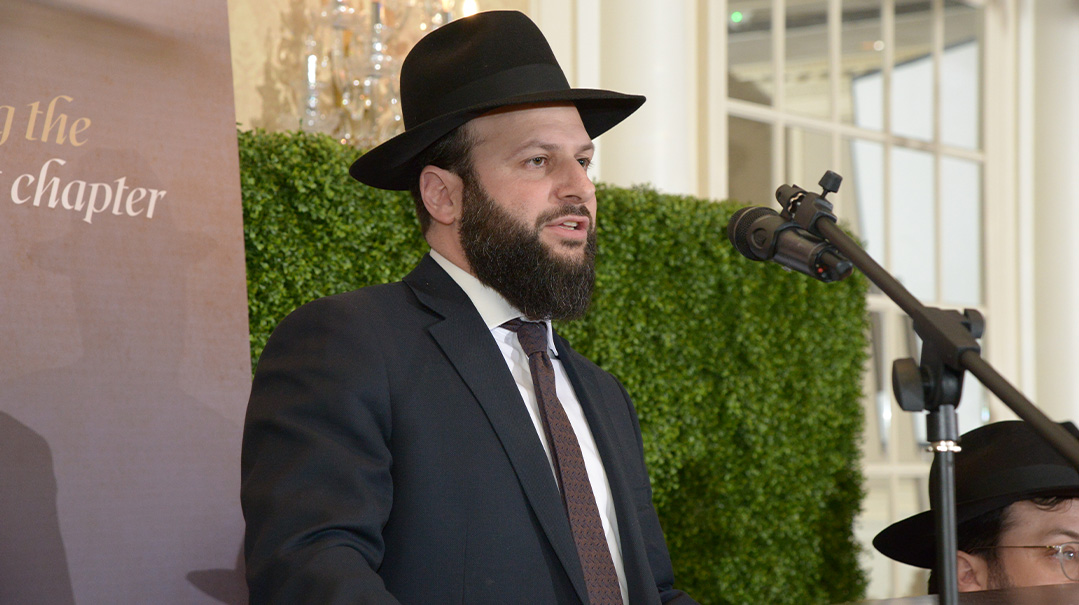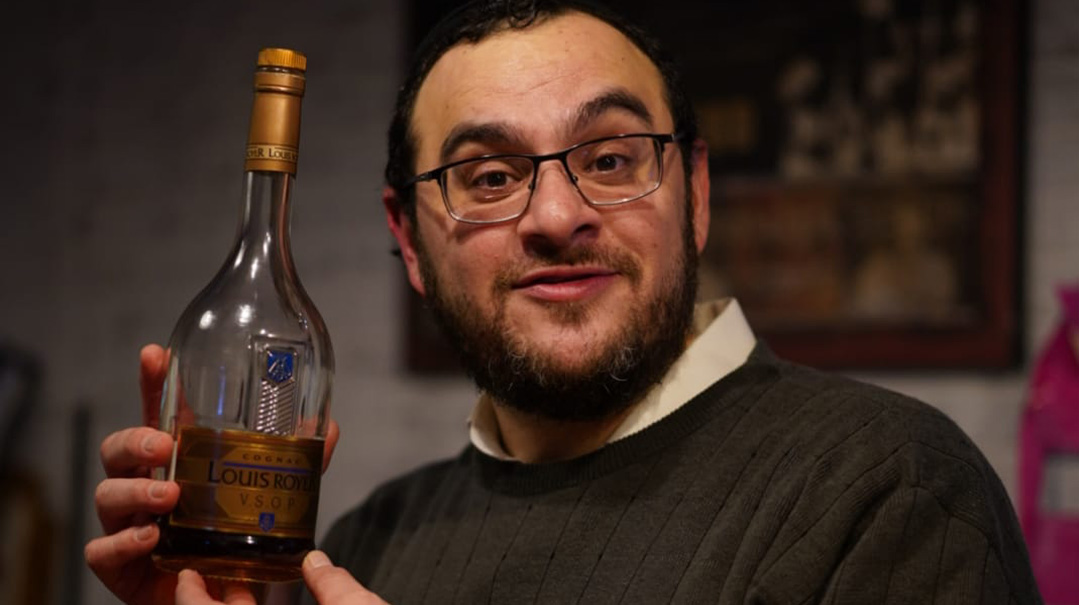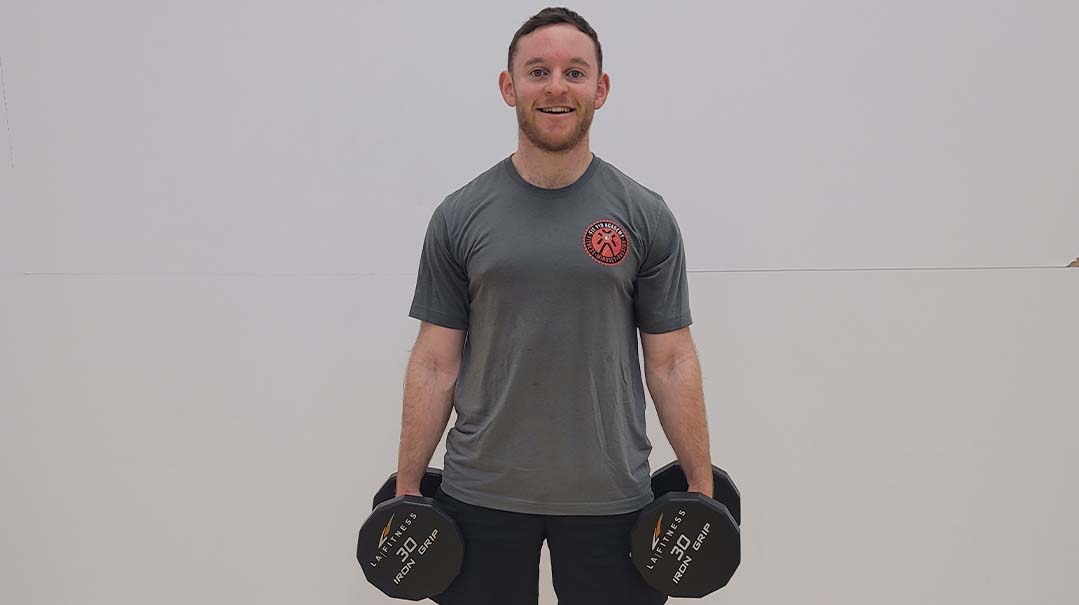Comic Relief


Daniel Steinberg is a frum comedian in Columbus Ohio.
How long have you been doing this?
I got bitten by the stand-up comedy bug as a teenager; I always enjoyed comedians and making people laugh and the summer after high school I saw a classified ad for an open-mike night where they give amateur comedians five minutes of stage time to try out new material. I was still too young to drive so my father chauffeured me to my big debut.
What makes a good joke and what makes a joke guaranteed to fail?
Something that takes easy-to-relate-to situations or experiences like those digital speed-limit signs you see on the road that tell you how fast you’re going and then picks apart some idiosyncrasy about it like the fact that every car has one on its dashboard: it’s called a speedometer; if I want to know how fast I’m driving I’ll look down. A joke will fail if you don’t commit to it. Performing a joke without confidence and conviction will inevitably result in it landing dead in the water even if it happens to be well written. Also jokes that seem incongruous for the performer — like a skinny comedian talking about dieting—or jokes that are clearly untrue because they make audiences feel like they’re being “had ” they won’t buy into the premise.
Any good tips for how to build a joke?
I have a joke about how parenting little kids is like being a janitor on account of all the messes they make. That’s why when parents split up whoever gets the kids is called “getting custody” from the word “custodian.” That technique the tying together of two seemingly disparate subjects — custody and custodian — is a go-to trick I learned from a famous comedian. I use it a lot when crafting new jokes.
What’s the most important thing to keep in mind about delivering lines?
There are only two things that can happen while you’re onstage: either you’re talking or they’re laughing. So a successful comedian will learn to keep his setups short two to three lines and make sure the act is heavy on the punch lines. Also laughs from an audience are not as important as applause breaks; those show that the audience appreciates the performer as an individual. Audiences don’t realize what a vital role they play in a comedy show’s success. You’d think being an audience member is a passive experience but it’s not! An audience’s active and expressive enjoyment of the show actually fuels the comedian’s performance and enhances it enabling everyone to have an even better time.
What equipment do you always carry on you?
The thing I love about stand-up is it’s very minimalist: just you your ideas and an audience. Everything else: a microphone the raised stage lighting is all extra to enhance the experience. If I have a choice I always want a stool onstage. Most comedians use the standard stool as a background prop or something to rest their drinks on I actually like to sit down at times during my act — you create a certain type of intimacy by sitting and talking with the audience as if they were old friends. I’m surprised more comedians don’t utilize it.
How often do you travel?
I have four young children at home so I try to keep travel to a minimum performing mostly for local corporate or Jewish events during the week and a few weekends during the school year. I don’t want my kids to remember their father as being away from home and always on the road while they were growing up! I do a fair share of local corporate work in addition to Jewish functions and events I’m busiest during the winter holiday season but right after January 1st things tend to slow down. Local corporate events can be things like this funny one: I did a stunt for a local drainage company whose business is entirely dependent on rain. The CEO not a Jew called a service meeting for all his employees and in his best deadpan voice introduced me as his rabbi who was going to show the company how spiritually I could make it rain. I told them the story of Choni Hame’agel and then I prepared to hand out sheets of paper with circles drawn on them informing everyone that we were all going to stand inside our circles and not move until it rained no matter how long it took. After I let on that it was a joke I asked for a show of hands of how many people actually believed me. It was about 80 percent.
Any mistakes you learned from along the way?
In the old days I used to go to open-mikes to try out new material but I don’t find them an efficient use of my time anymore. You’re waiting for hours on end for a chance to perform at 12 a.m. for five minutes in front of mainly other comedians waiting for their turn to go onstage. I’m actually about to launch a startup called Laffrr to solve this dilemma it’s a virtual open-mike that enables comedians to hone their craft in front of live on-screen audiences from anywhere at any time kind of like a group-Skype-meets-open-mike night.
What’s the best feedback you’ve gotten?
I’ll never forget the time a woman came up to me after a show and said “I came here tonight in a very bad mood and I’m leaving in a great one.” It’s also great when people quote my jokes back to me — it shows I’m not just tickling a funny bone and eliciting an instinctive reaction that’s immediately forgotten but rather I’m memorable. On the other hand I recently performed during a luncheon for about 80 senior citizens and in the middle of my act an elderly lady exclaimed — loudly! — ”If you don’t mind we’re trying to eat.” I guess I was interrupting her experience but it happens. In this business some days you feel like a star other days you just feel invisible.
What’s the toughest part of the job?
Personally I hate rehearsing new material prior to performing it onstage. I have a tendency to want to script and memorize every word so I’ll feel prepared and in control and that’s a lot of work to do in a vacuum without an audience giving me feedback. The silence is deafening I start disliking the sound of my own voice and moment to moment I doubt whether or not what I have is really funny. It’s a painful process.
And the best?
Having an audience laugh at everything you say or do onstage. That keeps us coming back for more. Also having a solid time-tested routine that works with audiences everywhere under all circumstances is a great feeling.
(Originally featured in Mishpacha, Issue 651)
Oops! We could not locate your form.




